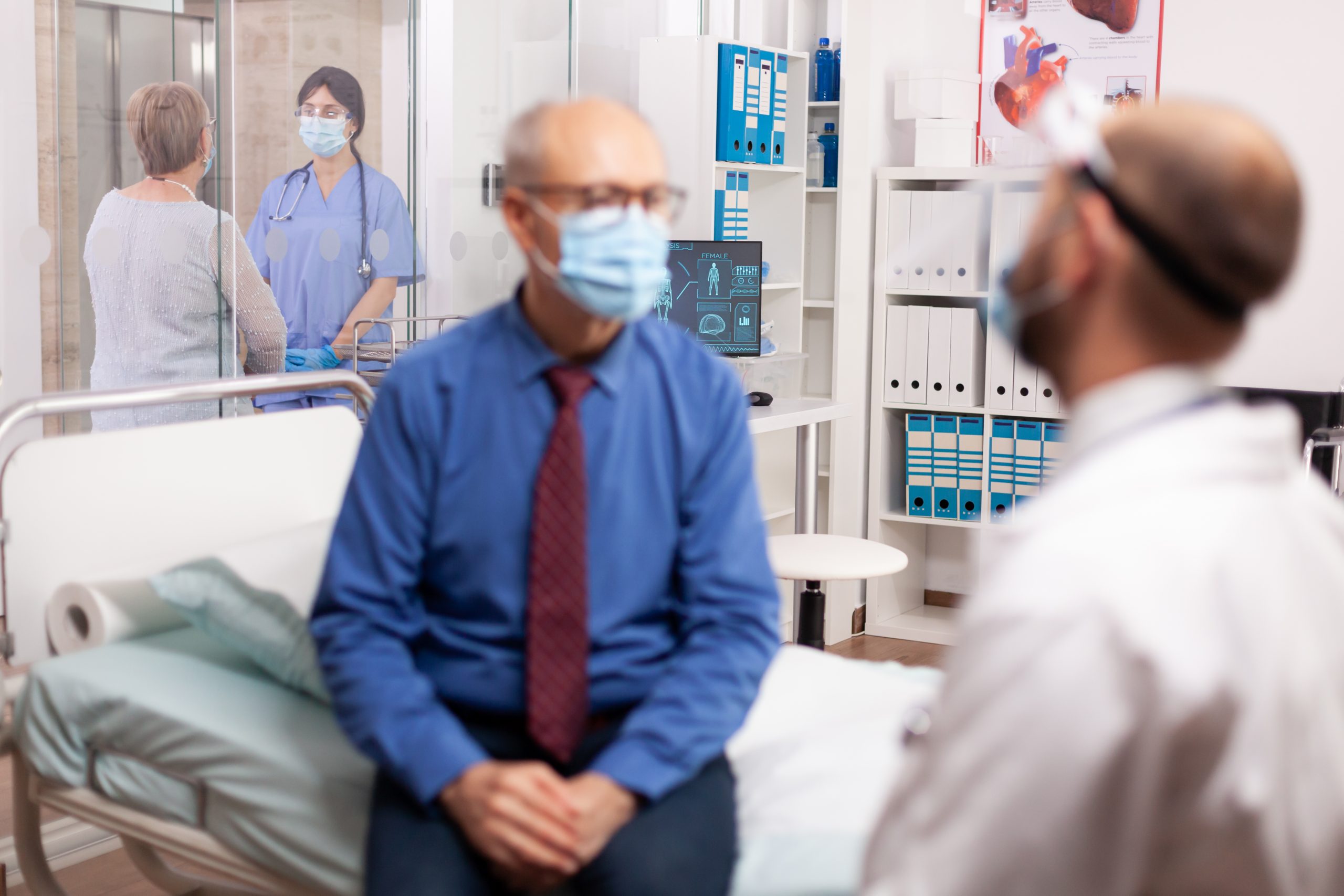
LifeCare Dignostic
November 5, 2021
Benign prostatic hyperplasia (BPH), also called prostate enlargement, is a noncancerous increase in size of the prostate gland. It is a common condition as men get older. BPH is not the same as prostate cancer and does not increase the risk of developing prostate cancer.

The prostate gland is located beneath the urinary bladder. The tube that transports urine from the bladder out of the penis (urethra) passes through the center of the prostate. Most men have continued prostate growth throughout life. It is not entirely clear what causes the prostate to enlarge. However, it might be due to changes in the balance of sex hormones as men grow older. Other risk factors include family history, obesity, type 2 diabetes and lack of exercise.


The size of prostate gland does not necessarily determine the severity of symptoms. Some men with only slightly enlarged prostates can have significant symptoms, while others with very enlarged prostates can have only minor urinary symptoms. Some men with prostate enlargement develop complications, which include inability to urinate suddenly (urinary retention), urinary tract infections, bladder stones, bladder damage and chronic kidney problems.

If you are having urinary problems, discuss them with your doctor. Even if you do not find urinary symptoms bothersome, it is important to identify or rule out any other possible causes. Untreated, urinary problems might lead to obstruction of the urinary tract. Your doctor can perform some investigations like digital rectal examination, urine analysis, blood (PSA) test, urodynamic study, ultrasound scan, cystoscopy, prostatic biopsy, etc. to aid in the diagnosis or exclude other conditions.

There are several effective treatments for prostate gland enlargement, including medications, minimally invasive therapies and surgery. To choose the best option, you and your doctor will consider your symptoms, the size of your prostate, other health conditions you might have and your preferences.
Speak to Datuk Professor Tan Hui Meng, Senior Consultant Urologist if you experience any symptoms. Early detection offers the best chance of cure by getting the right treatment at the right time.


Prof. Dato’ Setia Dr. Tan Hui Meng
Prof. Dato’ Setia 陈惠敏 医生
Consultant Urologist
Life Care Diagnostic Medical Centre Sdn. Bhd. 200401034597 (673106-V)
Bangsar South
WhatsApp: 0122343610
1st Floor, Wisma Lifecare,
No. 5, Jalan Kerinchi, Bangsar South,
59200 Kuala Lumpur
Cheras South
WhatsApp: 01127213620
19A-2 & 19B-2, Block E, Kompleks Komersil Akasa,
Jalan Akasa, Akasa Cheras Selatan,
43300 Seri Kembangan, Selangor
Operating Hour:
Monday – Friday: 8.00am – 5.00pm
Saturday: 8.00am – 1.00pm
Sunday & Public Holidays: Closed